U.S. Border Patrol Chief Jason Owens has raised concerns about the southern border, describing it as a “national security threat.”
In his discussion, he highlighted the challenges faced by the Border Patrol, including the significant number of migrants who have managed to evade capture. Specifically, Owens cited a figure of 140,000 migrants as particularly alarming, underscoring the magnitude of the situation at the border.
Smugglers Taking Control
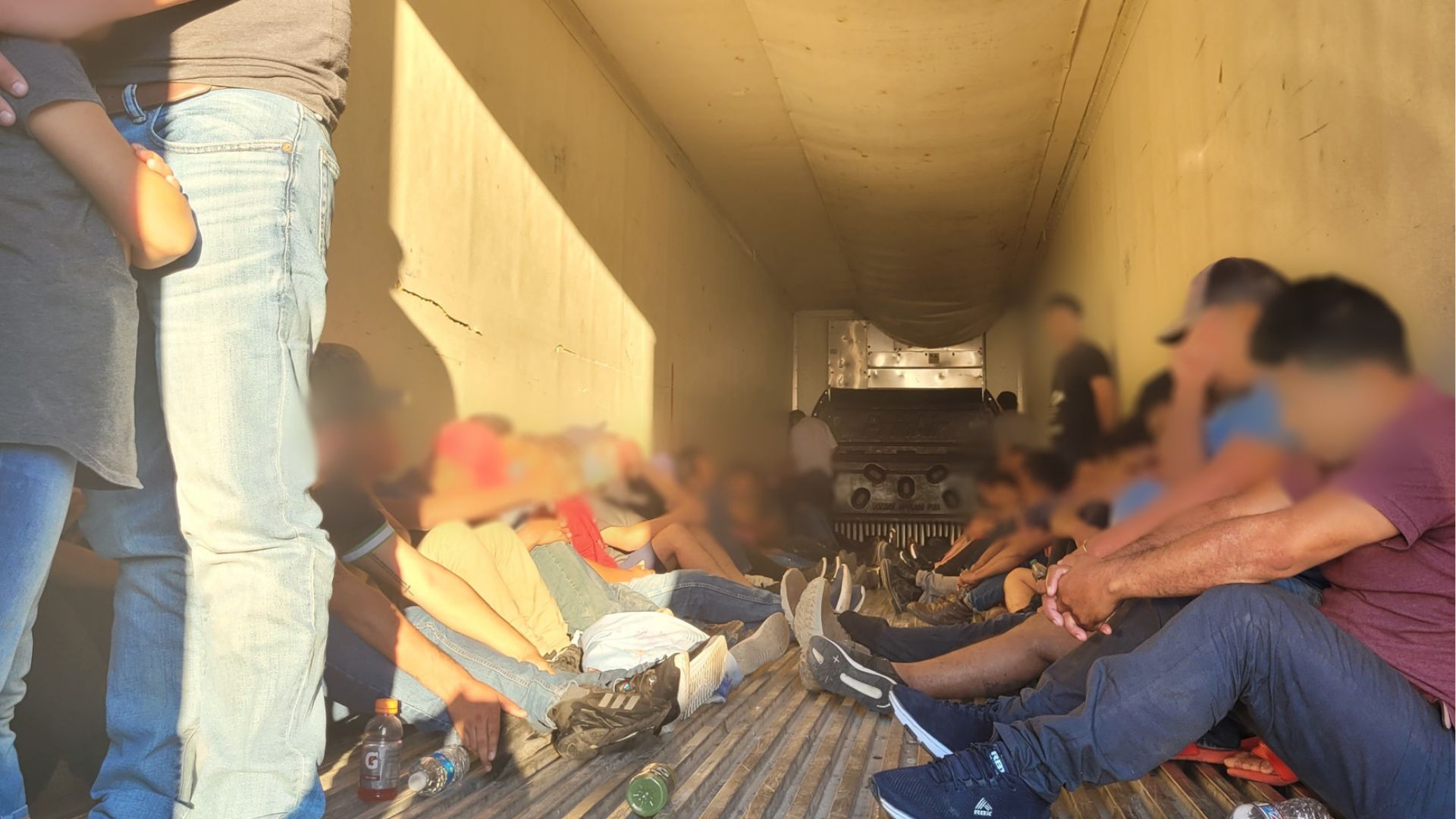
In an interview with CBS, Owens expressed concern over how smugglers are effectively dictating the movement of migrants across the border.
He stated, “They dictate what the flow is going to look like and we respond to it.” This admission points to the strategic difficulties faced by border enforcement in countering the operations of smuggling networks.
The Struggle to Secure the Border
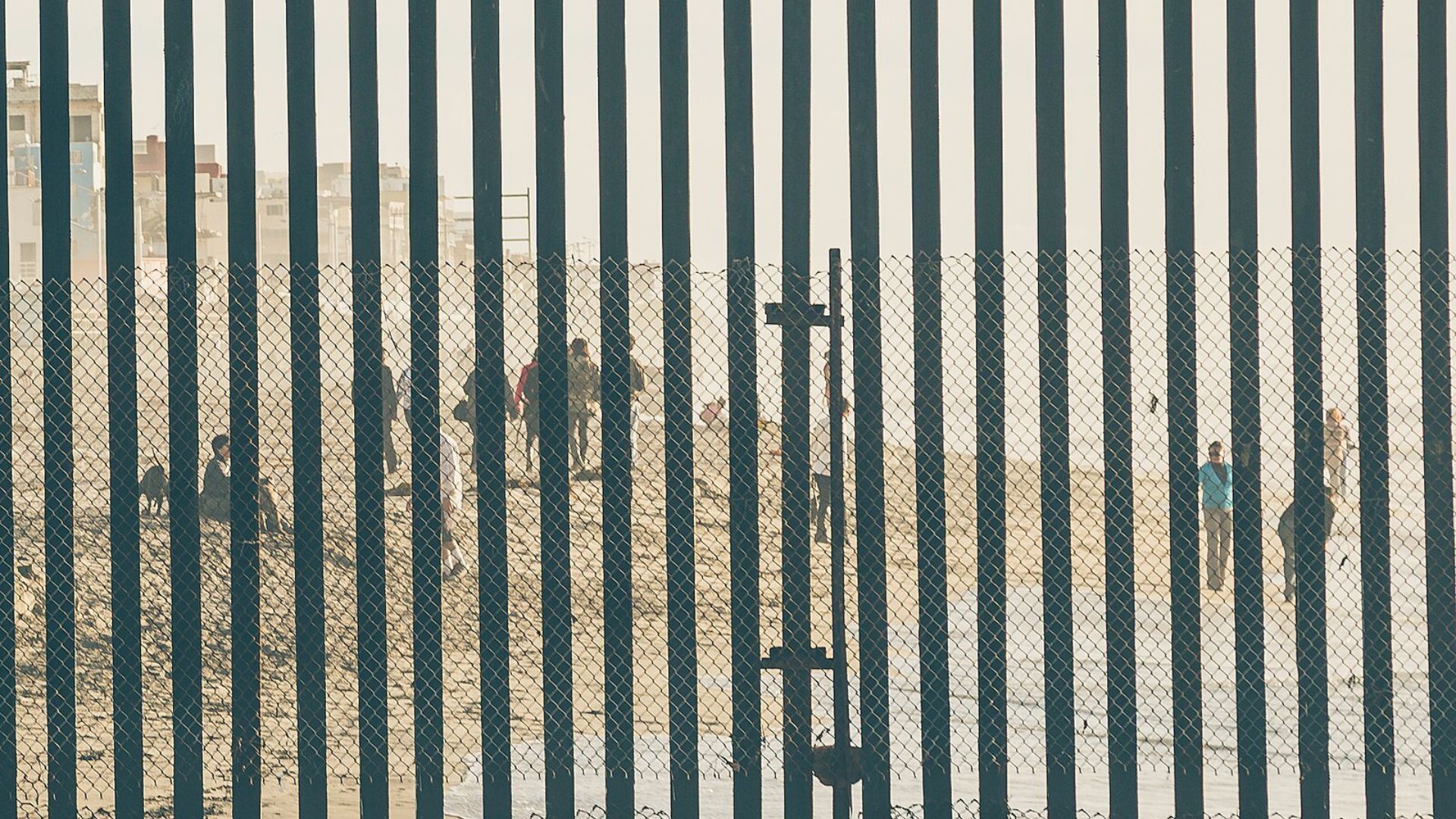
Owens elaborated on the efforts to counteract smuggling operations, saying, “We try and get out in front of it and deny them the ability to use these areas.”
He also mentioned the vastness of the challenge, with over 1,900 miles of border to monitor and secure against illegal crossings and activities, highlighting the logistical and tactical difficulties involved.
Record Numbers and the Asylum Challenge

Under the current administration, there has been an unprecedented influx of migrants at the southern border.
Owens pointed out that thousands of these migrants claim asylum and are subsequently released into the country, contributing to the complexity of the border security challenge and raising questions about the management and processing of such claims.
Concerns Beyond the Numbers
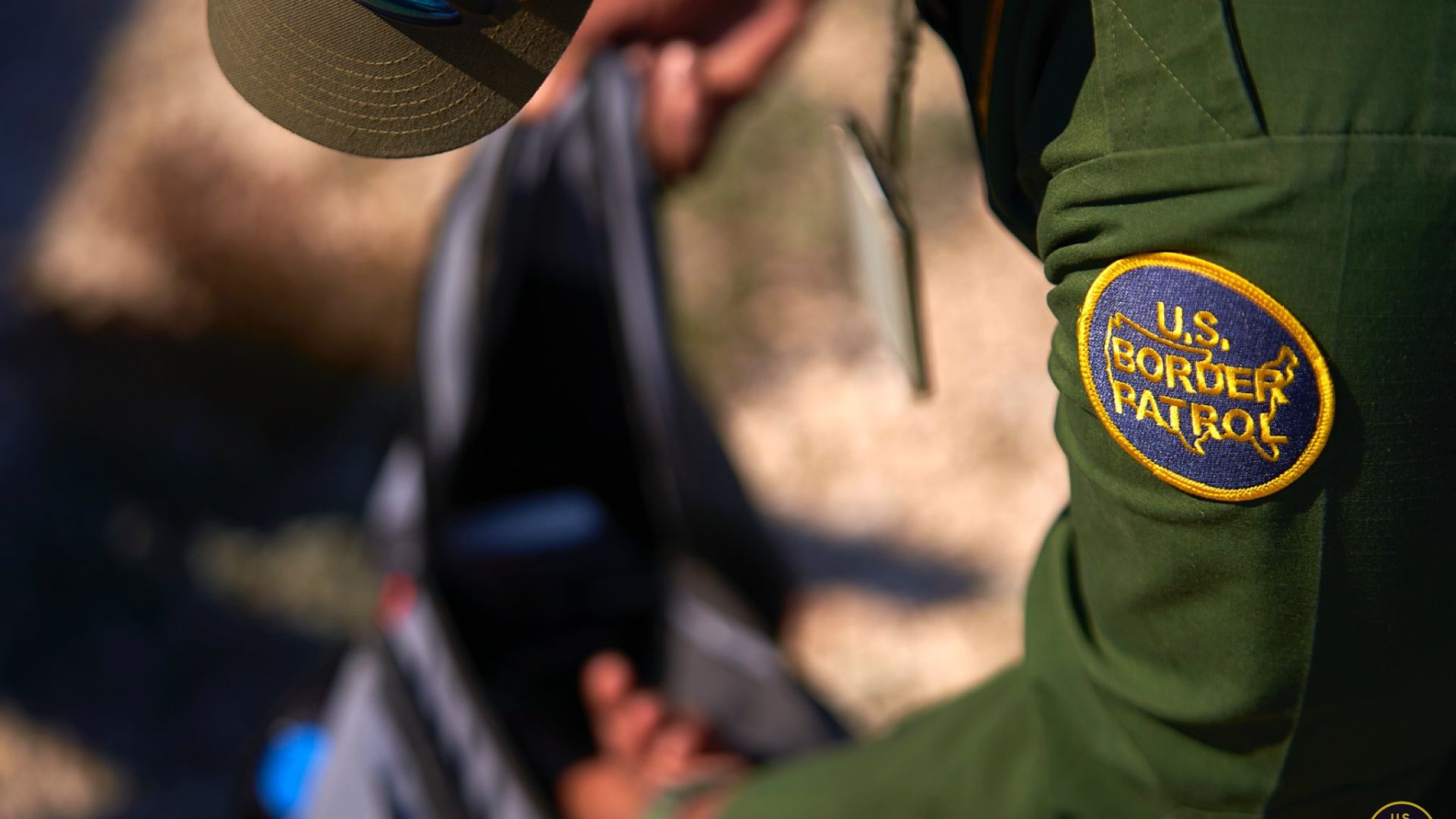
Despite reporting over a million encounters at the southern border in the fiscal year, Owens is particularly troubled by the “140,000 known got-aways.”
He stressed the significance of this figure, not just for its size but for the unknowns it represents in terms of national security, stating, “That is a national security threat.”
The Unknown Threats

Owens emphasized the importance of knowing who is entering the country, expressing concern over the potential for terrorists and other dangerous individuals to slip through.
He said, “If we don’t know who is coming into our country, and we don’t know what their intent is, that is a threat.”
The Majority Are Not a Threat
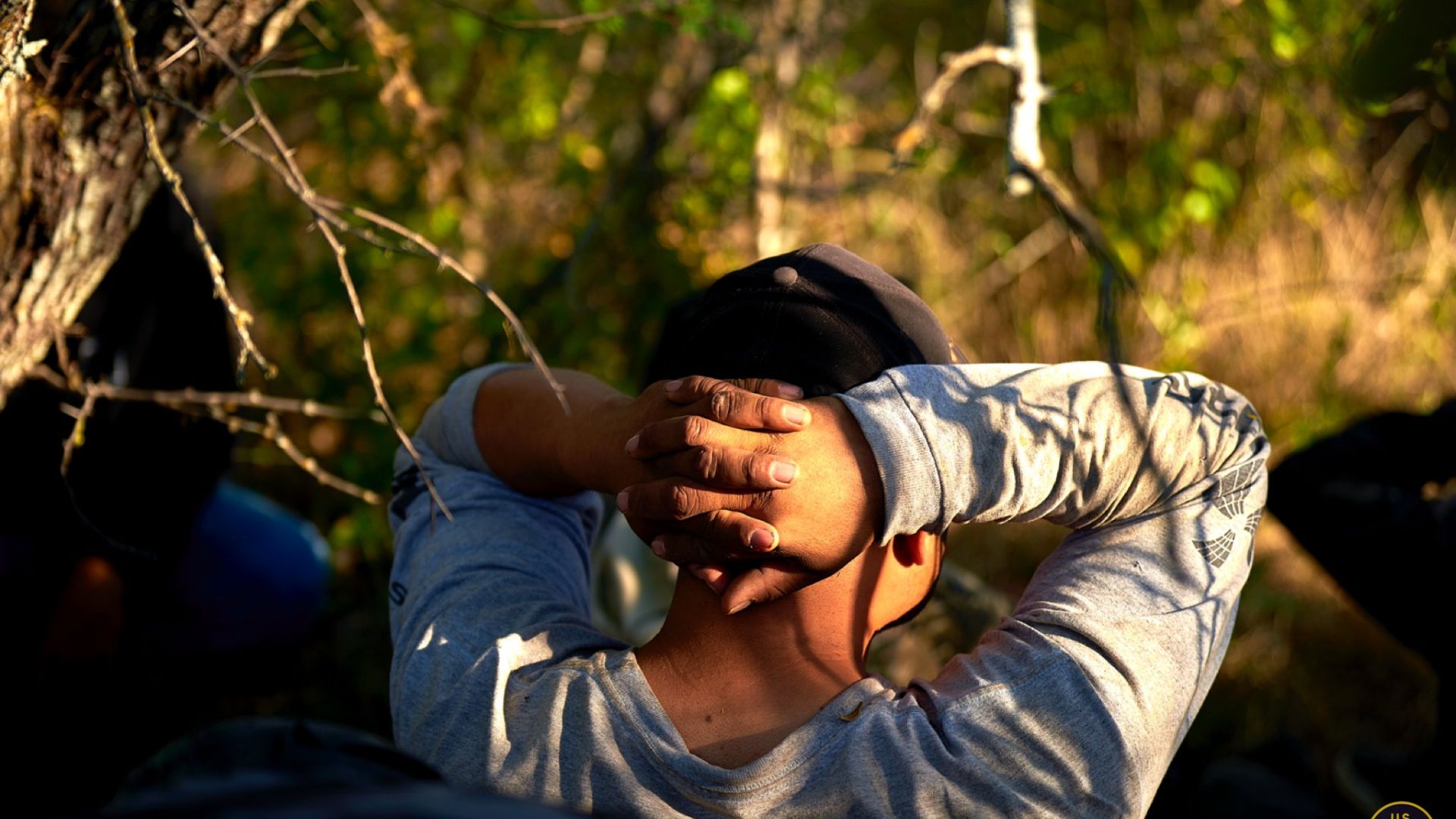
Despite the focus on security threats, Owens noted that most encounters at the border involve individuals surrendering themselves, often fleeing dire economic situations.
He clarified, “[That] doesn’t make them bad people,” but highlighted the issue of respect for U.S. laws.
Hidden Dangers
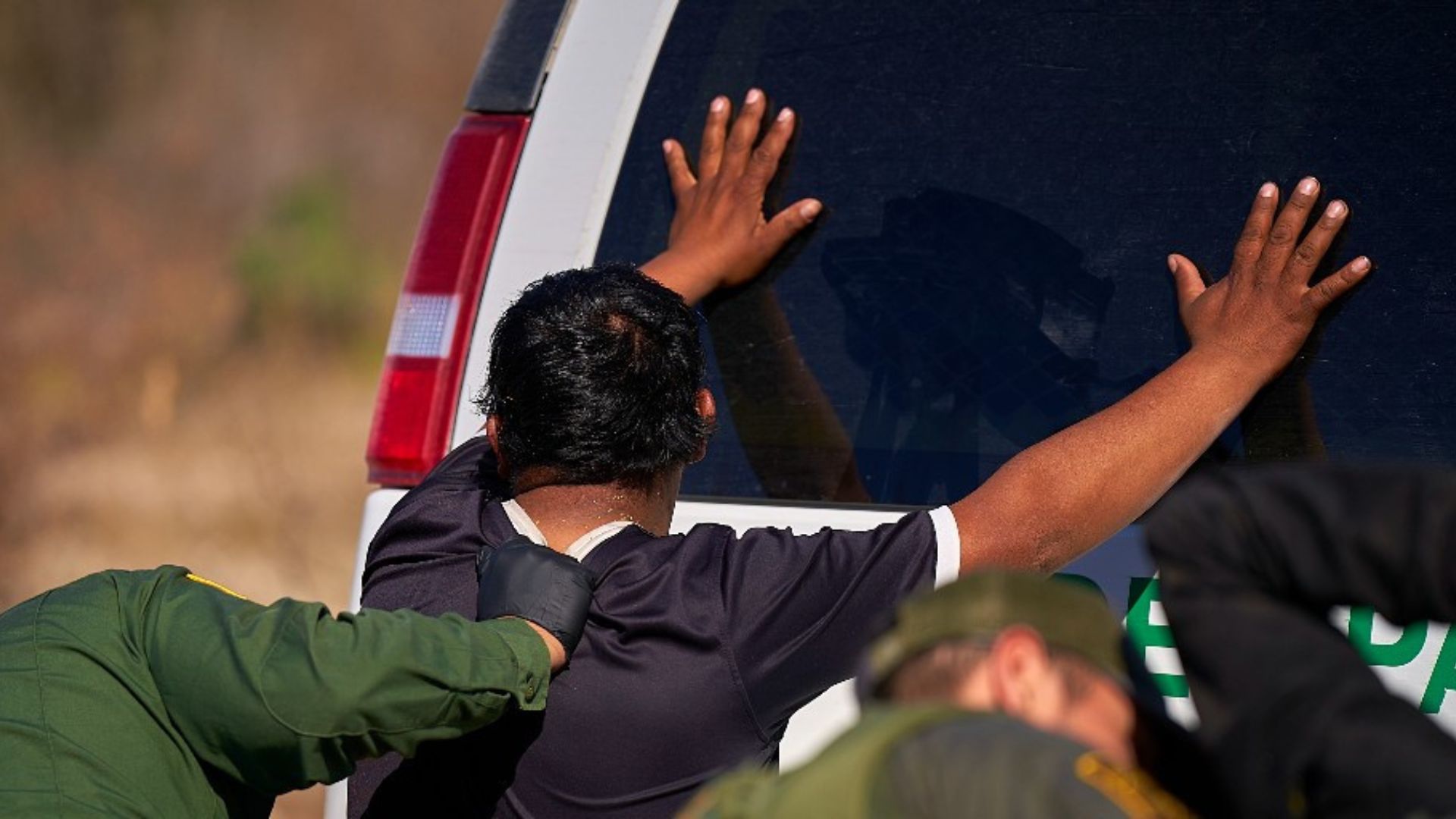
Among the vast majority of migrants, there are those with criminal backgrounds, including convicted predators and gang members.
Owens explained that although they represent a small fraction of the total, their presence is a cause for concern and demonstrates the risks associated with unregulated border crossings.
A Global Challenge

The diversity of the migrant population, coming from “160 countries or more,” reflects the global dimensions of the crisis.
Owens attributes this wide-ranging demographic to the activities of various smuggling organizations, further complicating the U.S. border security efforts.
Border Security as a Political Hot Topic

As the presidential election approaches, border security remains a contentious issue among voters.
The topic has been featured prominently in polls, indicating its importance to the American electorate and its impact on political discourse and policy-making.
The Biden Administration’s Response
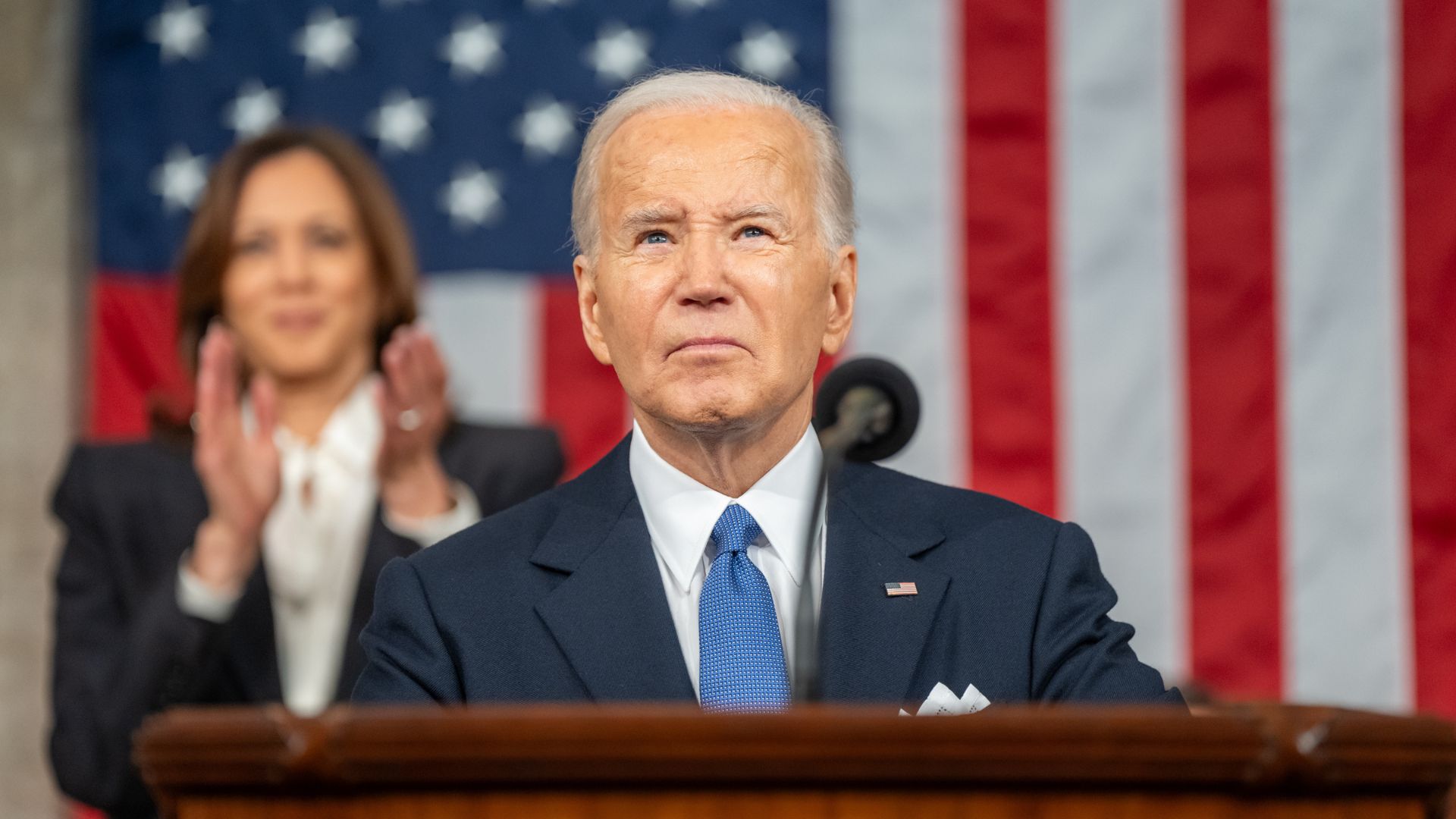
President Joe Biden has attempted to address border security issues, particularly criticizing Republicans for obstructing a bipartisan Senate deal aimed at tackling the crisis.
This political maneuvering reflects the ongoing debate over the best approach to securing the border and managing immigration.
Advocating for Stricter Penalties
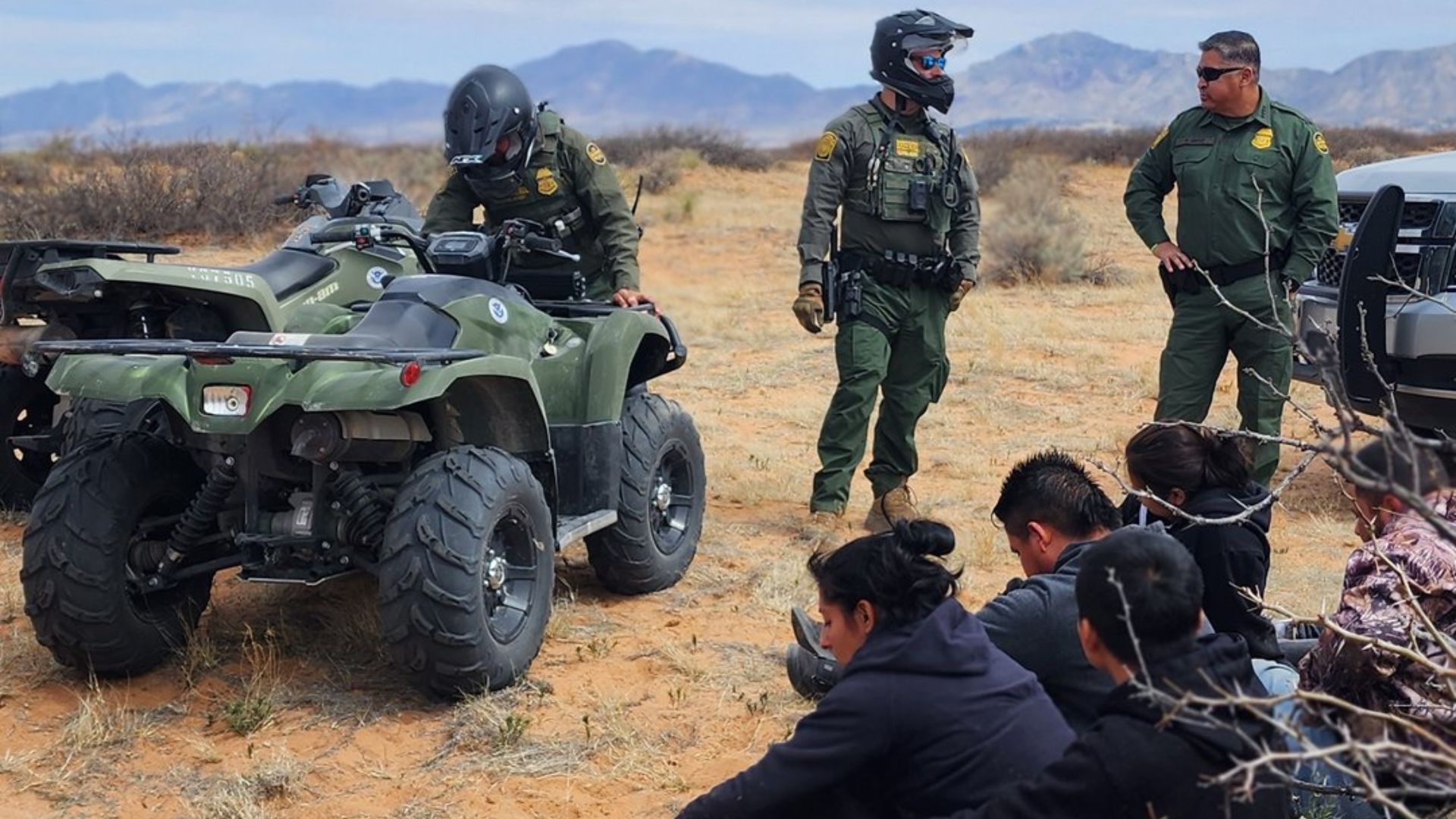
Owens suggests that implementing more stringent penalties for illegal crossings could help mitigate the crisis.
He said, “I’m talking about jail time. I’m talking about being removed from the country and I’m talking about being banned from being able to come back because you chose to come in the illegal way instead of the established lawful pathways that we set for you.“
